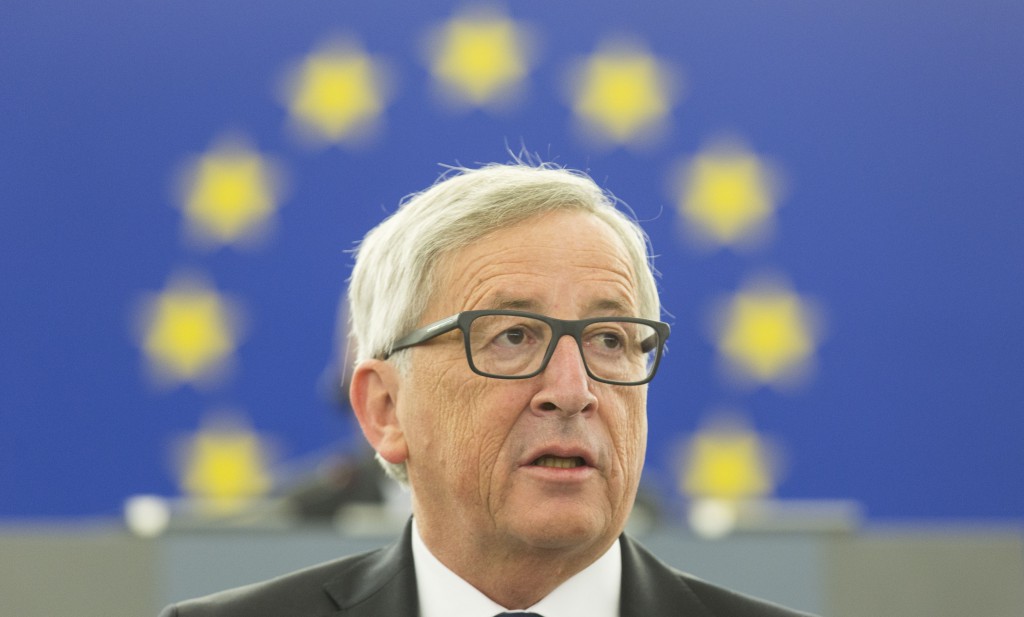Naturally, and as expected, in his State of the Union speech today European Commission President Jean-Claude Juncker focused heavily on the most pressing questions that the EU now faces –the humanitarian crisis taking place on its southern borders and how the EU can coherently deal with the migration and refugee situation.
Outside of these big ticket items, how did President Juncker approach the role of the EU in the wider world and issues where the EU is traditionally considered an international leader – issues like global development and health, and fundamental issues of gender equality in Europe and the wider world?
State of the Union: Global development
President Juncker made a welcome intervention in his speech on the need for EU member states to honour their international commitments and increase their development assistance spending. Few of the EU’s member states currently spend the target 0.7% GNI on development (the UK, Denmark, Luxembourg and Sweden, as of 2014).
In a time of downward pressure on development budgets in many member states, and with the UN set to agree on a development framework for the next 15 years in New York in September, Juncker’s contribution is an important reminder of Europe’s commitments to some of the world’s poorest countries.
Global health and the eradication of poverty
President Juncker, in announcing the “Africa Trust Fund” rightly identified that some of the root causes of migration are poverty and entrenched inequality. The €1.8 billion to be set aside for this fund is intended to “create lasting stability, for instance by creating employment opportunities in local communities, and thereby address the root causes of destabilisation, forced displacement and illegal migration”. Will it also address underlying causes of poverty and inequality such as crumbling health systems, poor maternal and child health, , and a lack of opportunities for young people and especially young women? The Ebola outbreak in West Africa made clear in the starkest terms how a failure to invest in health in particular can have catastrophic implications for a country.
The Juncker investment plan
On health, the EU has long been at the forefront of research and innovation. The most recent showcase is the role that European researchers played in the development of the first effective Ebola vaccine in recent months. While much was made of the €315 billion Investment Plan for Europe, less emphasis was made on whether and how this fund would stimulate innovation in the EU for global issues. Areas of investment like new vaccines for HIV and malaria, or treatments for other deadly diseases of poverty, have already reaped huge rewards for the EU – providing jobs, stimulating excellence in research and providing significant return on investment, while tackling some of the highest disease burden in the world. And yet, in his announcements today President Juncker rarely mentioned the potential of innovation as driver of Europe’s economy in the coming years.
Fundamental rights and gender equality
President Juncker in his speech and letter highlighted the importance of fairness and of fundamental rights in the EU. He is however failing to deliver the committed support of his own institution on one of the most fundamental rights – gender equality and women’s empowerment. So far, his Commission has declined to prioritise the creation of a robust Commission policy on gender equality for the EU’s external activities, despite the calls of civil society and MEPs for the EU to give a strong signal at a time when the progress made on girls’ and women’s rights in recent years is under threat in many parts of the world.
Photo credit: © European Union 2015 – EC,Photo : Leguerre Johanna


